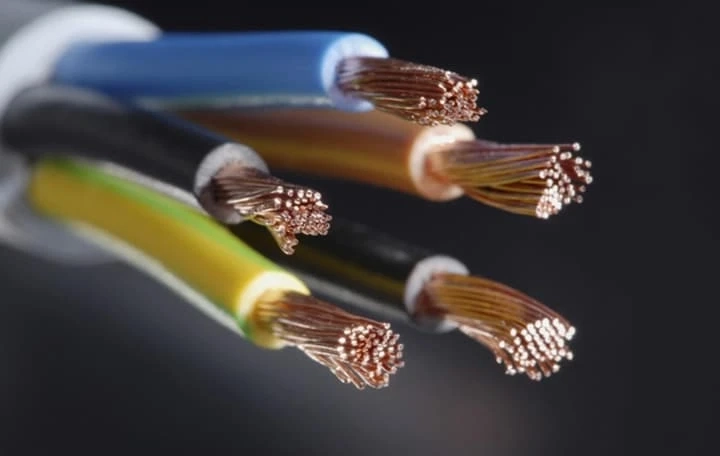What Is the Difference Between a Commercial and an Industrial Electrician?
The primary distinction between an industrial and a commercial electrician Brisbane is the work environment in which they perform their duties. A commercial electrician works in commercial facilities, such as retail stores and restaurants, to ensure that the wiring and electrical components are safe and efficient to use. On the other hand, an industrial electrician is someone who works in manufacturing plants and production facilities where the machinery and electrical systems are sophisticated, sensitive, and expensive to maintain and repair. Industrial electricians are responsible for a broader range of electrical systems, ranging from micro currents to high voltage components, compared to residential electricians.
What Is the Difference Between Residential and Industrial Wiring?
The insulation, voltage load, and installation technique are the primary distinctions between the industrial wire and residential wiring. In a single-phase design, residential wire is often run through walls and attic crawl spaces, and it consumes less voltage due to the lesser amount of electrical demand. Industrial wiring has a three-phase design to generate more output to power high-voltage equipment and multiple systems simultaneously. Insulation for industrial wire is designed to withstand the effects of corrosive liquids or gases. Particular heavy-duty outlets are frequently required for sensitive and power-hungry machinery.
What Is the Work of an Industrial Electrician?
The installation, repair, and maintenance of electrical components in commercial buildings and industrial environments are the key responsibilities of an industrial electrician. The work of industrial electricians encompasses the installation and maintenance of a wide range of electrical components such as wiring, conduits, circuit boards, outlets, lighting fixtures, and switches. When any electrical systems fail, industrial electricians must diagnose the problem to find a solution and repair it.
How Long Does it Take to Become a Licensed Industrial Electrician?
To become a certified industrial electrician, you must complete at least four years of training. The most typical route to becoming a licensed journeyman industrial electrician is through an apprenticeship program. An apprenticeship typically consists of 144 hours of classroom teaching and 2,000 hours of on-the-job training per year, with around 144 hours of classroom instruction. Some community colleges offer associate's degrees and certificate programs that can fulfill the requirements for an apprenticeship. After completing your training, you will be required to pass a state exam on the National Electric Code to obtain your license.
Duties and Qualification
Responsibilities and Obligations
Wiring and conduit systems must be measured, cut, and installed.
Electrical equipment should be installed and programmed.
Observe electrical designs and schematics to the letter.
Troubleshoot electrical components and replace them if necessary.
Preventative maintenance examinations should be carried out.
PLC ladder logic programs are translated into English.
Observe all applicable local, state, and national electrical codes.
Maintain a clean and safe working environment.
Requirements and qualifications for the position
A high school diploma or a GED certificate is required.
Completion of a trade school or training program is considered a bonus in this field.
License as a state journeyman is preferred.
Previous experience working in an industrial environment is highly recommended.
Hand tool proficiency is required.
Mechanics are a must.
Possessing physical ability


